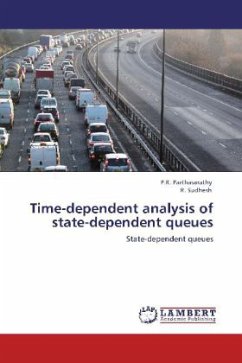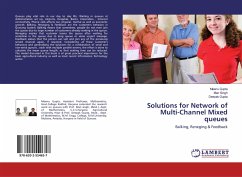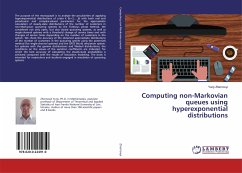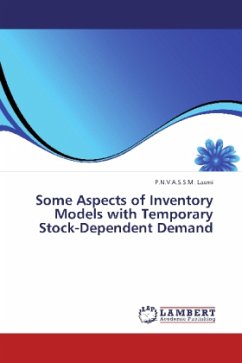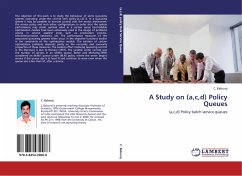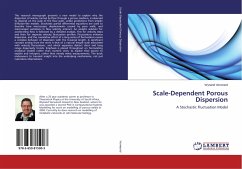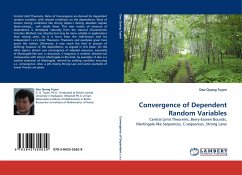Queueing theory is the study of waiting lines, or queues and it has proved to be useful in a wide range of discipline from telecommunications to chemical kinetics and epidemiology. A queueing system usually involves an arrival process, service time distribution, service discipline, system capacity, etc. and steady-state performance measures extensively studied. However, time-dependent probabilities are important in applications and they do not involve convergence conditions. The main objective of this monograph is to study the time-dependent analysis of state-dependent queues and a wide variety of problems related to them by employing straightforward analytical and numerical methods. One of the fundamental and significant contributions is to obtain exact transient solutions to birth and death processes with general state-dependent birth and death rates. This problem was open for several decades. The same methodology has applied to obtain the transient probabilities of state-dependent discrete-time queues. The study of overflow processes of loss systems, N-policy and Multiprocessor systems are also included. Some interesting identities are presented for complex summations.
Bitte wählen Sie Ihr Anliegen aus.
Rechnungen
Retourenschein anfordern
Bestellstatus
Storno

